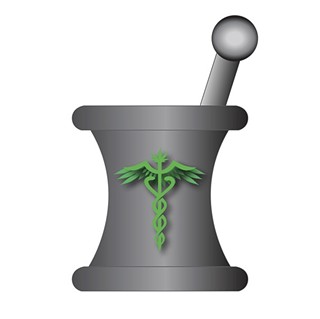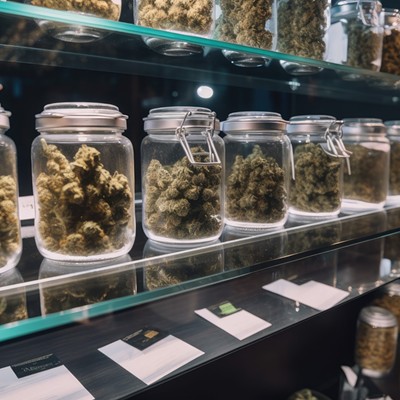Last week, I met a guy who had just moved to Arizona.
He's a longtime friend of cannabis who grew up in California, and now he's here en el Pueblo viejo, wondering what to do about medicating his various and sundry ailments. He's torn between getting a medical cannabis card and doing what he's always done, which is fly under the radar, fending off arrest with caution and responsible cannabis use. It got me thinking, and I realized there are good arguments for both. You might think having a card is the safest, smartest way to go, the only responsible and upstanding thing to do, but don't be hasty. There are plausible reasons to not get a cannabis card.
Lists
Every once in a while in this wannabe Great Society of ours, things leak out around the edges of our lives and spawn disaster. We've long seen it among politicians. Perfectly normal human beings (other than wanting to be politicians) are thrust needlessly under the bus for doing things that mean nothing in the scheme of things. (Can you say Anthony Weiner?) And nowadays it's not just happening to the rich and famous. It's happening to some of the most regular people on the planet, like restaurant servers and IT nerds.
So the first reason not to have a cannabis card is lists. Once you get a card, you're on a list, and if that particular list goes CannaLeaks, it could be embarrassing or even professionally disastrous. Some folks might not care much about being on lists or whether the lists they're already on go public, but some might. My Cali friend is hesitant.
"Once you get a card, you're in somebody's database," he said.
True dat.
Arrest
You might think having an MMJ card would avert arrest, but again, don't be hasty. It will probably prevent a possession charge, but that might be the least of your worries. Police have been known these days to ask drivers at DUI checkpoints, "Do you have any medical marijuana in your car?" If you say yes or even admit to having a card, you could be vulnerable to DUI. In Arizona, if you have metabolites of cannabis in your blood—the stuff they look for in job-related urine screenings—you can get a DUI. Any cannabis user knows those metabolites can last up to 30 days in your system.
If police have reason to suspect impairment, which they will find if they want it, they can give you a blood test. Not having a medical card averts that line of law enforcement snooping. Medical cannabis patients frequently carry cannabis around, because they think they can. My Cali friend has no false sense of MMJ security, so he rarely travels with cannabis. Even if he does, prosecution is unlikely for the 0.5 of a gram (a joint) he would have.
"When you get older, you get a lot more responsible about it," he said. "When I was young, I always had to carry all my pot with me all the time. You know, just stupid. Never carry more than you can eat."
Cost
Money is also part of the equation.
A cannabis card costs somewhere in the neighborhood of $250 - that's $99 for an evaluation, and $150 for state fees. Every year, it's the same. Over 10 years, that's $2,500. That's a lot more than a responsible black-market cannabis user pays. I know some folks who have been smoking cannabis for 40 years and have never paid a single penny to the government for any cannabis-related reason, be it fees or applications for cards or fines.
That's a $10,000 savings over four decades.
So you can argue for keeping it as legit as possible, pushing the paradigm shift ahead and being a part of the wave that is lashing at bastions of cannabis law. You can get a card and be the change you want to see. Or you can march to the traditional drum, staying the course and keeping your head low and eyes open the way cannabis users have been doing for almost a century.
"I don't know," said my Cali pal. "We'll just have to see."










